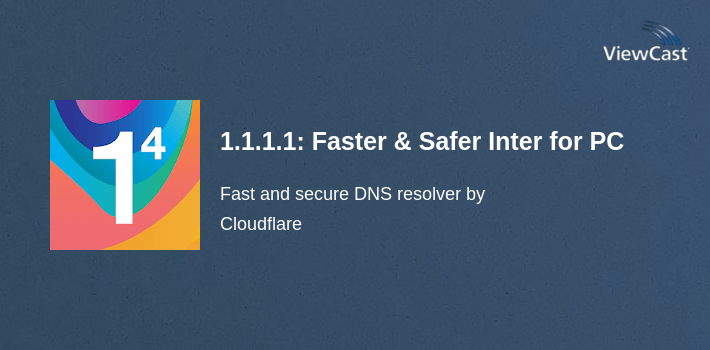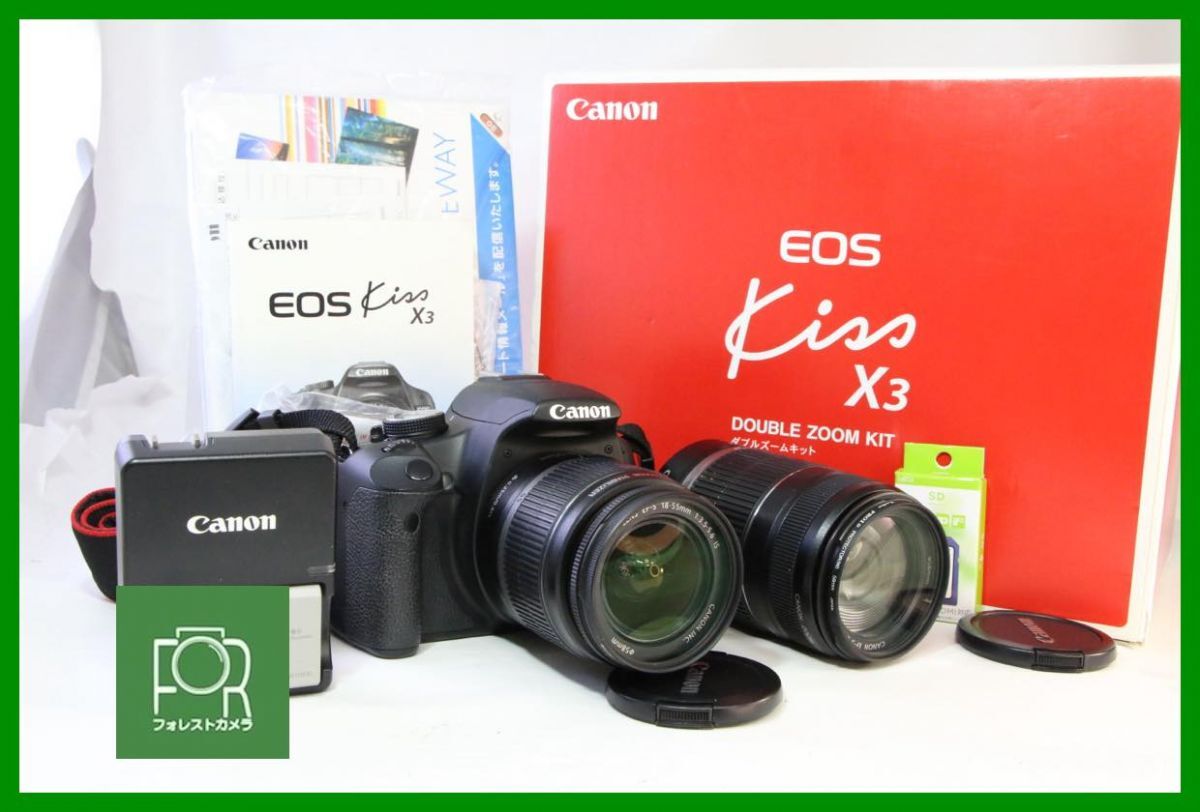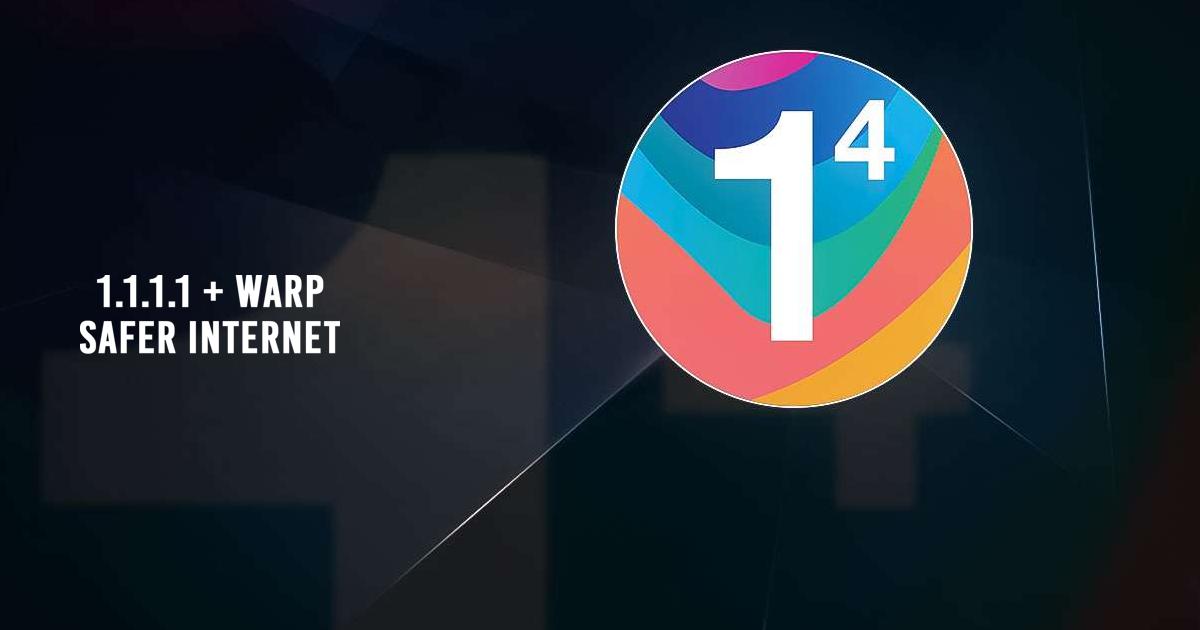Is 1.1 1.1 Faster Than 8.8 8.8

Imagine you're standing at the edge of a digital frontier, the wind of innovation whipping through your hair. In the distance, two shimmering beacons promise faster passage across the vast internet landscape. One glows with the familiar azure hue of Google's public DNS, 8.8.8.8, a stalwart guardian of web navigation. The other, a crisp, modern light, hails from Cloudflare, announcing itself as 1.1.1.1, a challenger eager to prove its mettle. The question hangs in the air: which pathway offers the swifter journey?
At the heart of this seemingly simple question lies a complex reality. The speed and reliability of a Domain Name System (DNS) resolver, like 8.8.8.8 and 1.1.1.1, significantly impacts our online experience. Understanding their nuances is crucial for anyone seeking a smoother, more responsive internet.
The DNS Underpinnings
To truly grasp the comparison, we must first understand the role of DNS. Think of DNS as the internet's phone book. When you type a website address (like example.com) into your browser, your computer needs to find the corresponding IP address (like 93.184.216.34) to connect to the correct server.
This is where DNS resolvers come in. They translate those human-readable domain names into machine-understandable IP addresses.
Google's 8.8.8.8: The Established Giant
Google Public DNS, accessible via 8.8.8.8 and 8.8.4.4, has been a popular choice for years.
Launched in 2009, it provided a free, reliable, and relatively fast alternative to the often-sluggish DNS servers offered by Internet Service Providers (ISPs).
Its global reach and robust infrastructure have made it a trusted option for countless users.
Cloudflare's 1.1.1.1: The Privacy-Focused Upstart
Cloudflare launched 1.1.1.1 in 2018, promising not only speed but also a strong commitment to user privacy. They explicitly stated they would not use browsing data to target ads.
Cloudflare's massive network, built to protect websites from attacks, also positions them well to deliver speedy DNS resolution.
They partner with APNIC, the Asia-Pacific Network Information Centre, using the 1.1.1.1 address space that was previously unused.
The Speed Showdown: Data and Analysis
So, which is truly faster? The answer, as always, is nuanced and depends on several factors.
These factors include your location, your ISP, and the specific websites you're visiting.
Numerous independent tests have been conducted to compare the performance of 8.8.8.8 and 1.1.1.1.
Many of these tests suggest that 1.1.1.1 generally offers slightly faster resolution times. However, the difference is often marginal, sometimes only milliseconds.
This difference may be imperceptible to the average user in everyday browsing.
For instance, DNSPerf, a reputable website dedicated to DNS server performance testing, consistently ranks 1.1.1.1 among the fastest public DNS resolvers globally.
Their data, collected from a network of monitoring nodes around the world, provides a valuable snapshot of real-world performance.
However, it's important to remember that these are just snapshots. Performance can fluctuate depending on network congestion and other variables.
"Ultimately, the best way to determine which DNS resolver is faster for you is to test them yourself," advises a network engineer at a leading tech company, preferring to remain anonymous.
Beyond Speed: Considering Privacy
The choice between 8.8.8.8 and 1.1.1.1 isn't solely about speed. Privacy is a crucial consideration.
Cloudflare has made strong commitments to user privacy, including a pledge to not log personally identifiable information.
They also regularly publish transparency reports detailing government requests for data (of which they state there are very few related to 1.1.1.1).
Google, while offering a valuable service with 8.8.8.8, has a broader ecosystem of data collection. Some users may feel uncomfortable with the potential for their browsing data to be used for advertising or other purposes.
It's essential to review Google's privacy policies to understand how they handle user data.
The Setup: Easy Configuration
Switching DNS servers is a relatively straightforward process, regardless of your operating system.
Both Google and Cloudflare provide clear instructions on their respective websites for configuring your device or router to use their DNS resolvers.
This usually involves changing the DNS server settings in your network configuration.
A/B Testing: Finding Your Optimal DNS
The most effective way to determine which DNS resolver works best for you is to conduct your own A/B testing.
Try using 8.8.8.8 for a week, then switch to 1.1.1.1 for another week. Pay attention to your browsing experience.
Do websites load faster? Do you notice any difference in latency or responsiveness?
There are also various online tools that can help you measure DNS resolution times from your location.
These tools can provide more concrete data to inform your decision.
The Future of DNS: Innovations on the Horizon
The world of DNS is constantly evolving. New technologies and protocols are emerging to enhance speed, security, and privacy.
For example, DNS over HTTPS (DoH) and DNS over TLS (DoT) are gaining traction. These protocols encrypt DNS queries, preventing eavesdropping and manipulation.
Both Cloudflare and Google support DoH and DoT, offering users an extra layer of privacy.
Conclusion: A Personal Choice on the Digital Highway
Ultimately, the question of whether 1.1.1.1 is truly "faster" than 8.8.8.8 is subjective. For some, the marginal speed difference may be noticeable and valuable.
For others, the strong privacy stance of Cloudflare might be the deciding factor.
Regardless of your choice, understanding the role of DNS and the options available empowers you to take control of your online experience. So, experiment, explore, and choose the path that best suits your digital journey.



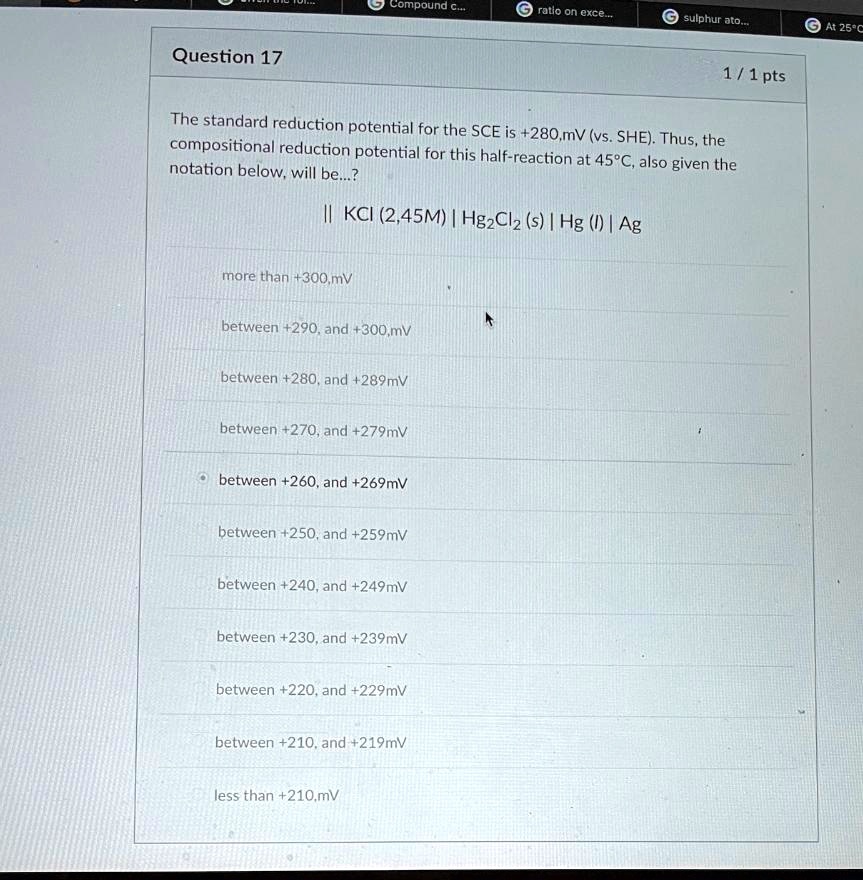
![Is 1.1 1.1 Faster Than 8.8 8.8 [2024] 1.1.1.1 là gì | Cách cài đặt & thay đổi DNS 1.1.1.1](https://vinahost.vn/wp-content/uploads/2023/07/1-1-1-1-la-gi-2.jpg)
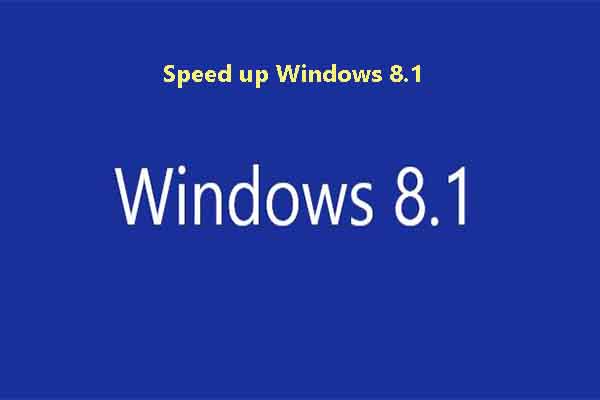

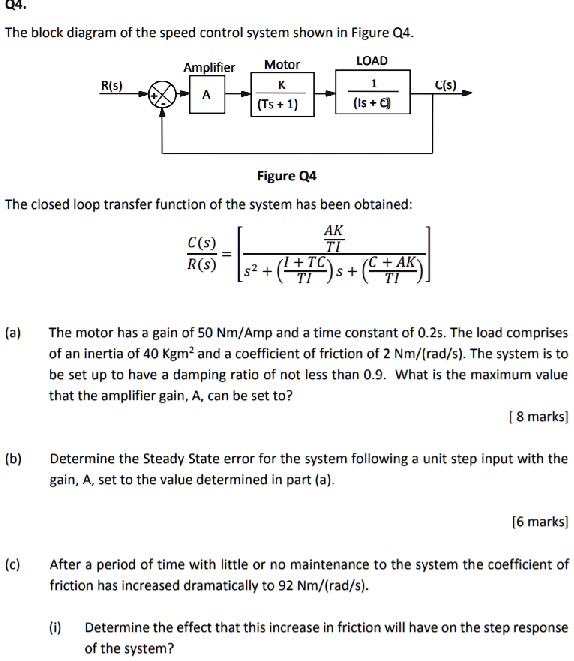
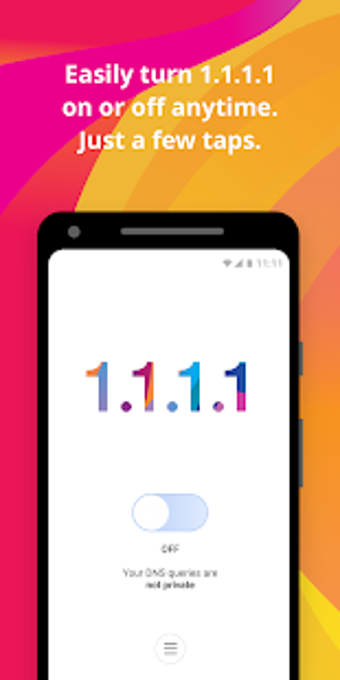

![Is 1.1 1.1 Faster Than 8.8 8.8 1.1.1.1: Faster Internet PC 버전: 무료 다운로드 - Windows 10,8,7 [한국어 앱]](https://is1-ssl.mzstatic.com/image/thumb/Purple113/v4/0c/2a/f2/0c2af27b-a57c-29fd-4860-8facc3762bf0/pr_source.png/392x696bb.png)

